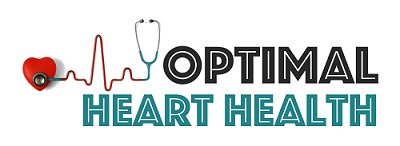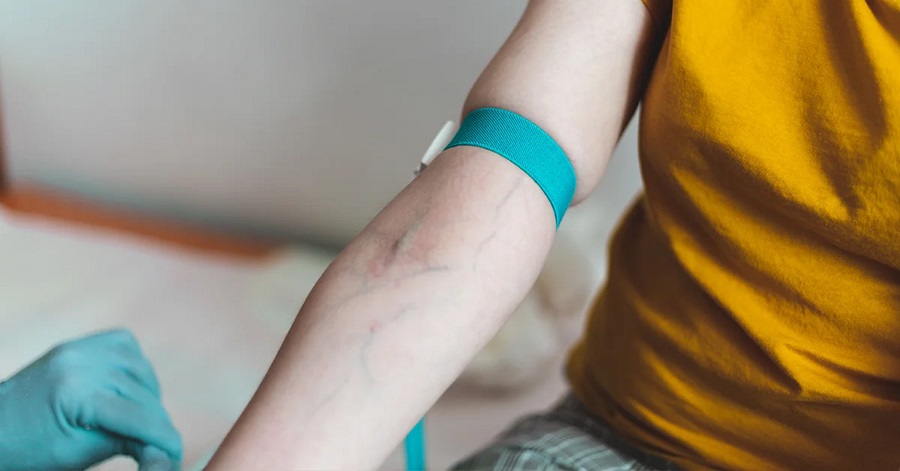The human body is indeed a marvel. The complexity of the body function that helps a human evolve and survive is something that humans should ponder upon and be able to preserve its healthy state. One of the most extraordinary body parts in the human body is the blood vessel. Do you know that blood vessels of a human are estimated to be more than 100 000 km in length? It is so long that perhaps people will only find doctors when the blood vessels are badly damaged and symptoms related to it are exhibited.
To have a healthy body means to have a fulfilling life. The blood vessels including the vein are as important as the artery. Any disturbance to either of the structures could disrupt the blood circulation which then precipitate to disease such as heart attack and stroke which could be deadly. Other medical problems relating to veins such as varicose veins that lead to leg pain or swollen feet is something that could be prevented when the veins are healthy. Hence, what should you do to keep your veins healthy?
1- Keeping your body hydrated at all times
Water is essential for the body. All body cells need water to thrive and work properly. When a person is hydrated by drinking plenty of water, the blood can flow better due to the thinner blood. Thicker blood caused by dehydration can worsen the vein issues.
2- Stay active
Doing simple exercises, even brief walks and less time on just sitting can help the body pump the blood better. Hence, blood flows in the vein will be more efficient.
3- Eat healthy
We all know eating healthily by consuming more fruits and vegetables can do wonders to the body. Foods high in vitamin C such as oranges and vitamin K in leafy greens can help improve the vein walls and improve the blood circulation.
4- Wear compression stocking
If you are prone to varicose veins either because of genetics, pregnancy, chronic illness such as heart disease or obesity, or simply because of your work or lifestyle causing your leg to feel pain easily due to long sitting or standing all day, you should consider using compression socks. Compression sock works by contracting the muscle around the veins to help the blood flow.
5- Remember to always elevate the leg
Start and end your day by keeping legs against the wall for five minutes. This helps to return the blood flow to the heart which ultimately reduces swelling and pressure of the leg. You can also try to elevate the feet above the hips for a few minutes in the daytime to occasionally relieve the pressure inside the leg.
6- Avoid smoking
Smoking is generally known to cause many diseases. Substance in the smoke causes the blood to become thicker and slows down the blood flow. This in turn could increase risk for a person to get blood clots in the vein.
7- Reduce sugar intake
Excess sugar can lead to production of lipoprotein, a form of fats in the body. These could build up to form plaque onto the blood vessels, causing problems to the vein.
Although tips above may be considered to help you have healthy veins, you should never assume vein issues will resolve on their own. It is best to get medical advice as soon as you experience problems with the veins such as feeling discomfort, painful sensation, walking problems or any visible changes to the vein. Getting early diagnosis and treatment can help you avoid complications that could be deadly such as pulmonary embolism caused by deep vein thrombosis. Besides, prevention is always better than cure, right?


